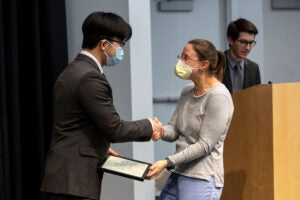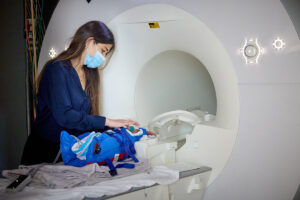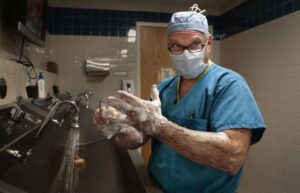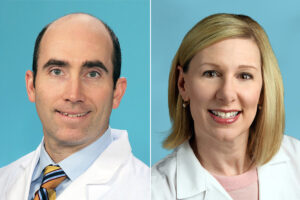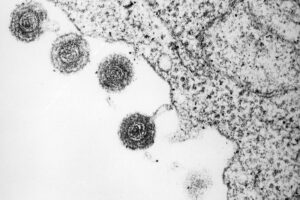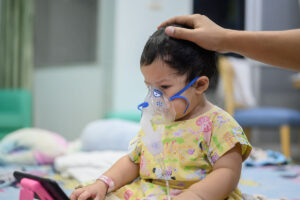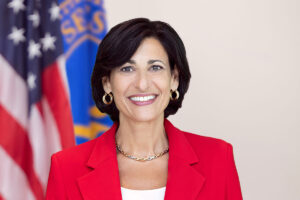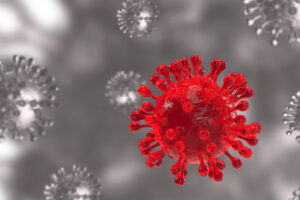Recognizing excellence and dedication in medical education during a time of unprecedented challenges, students at Washington University School of Medicine in St. Louis recently honored faculty, residents and staff with Distinguished Service Teaching Awards for the 2020-21 academic year.
Aspiring physicians honor medical faculty, residents, staff (Links to an external site)
